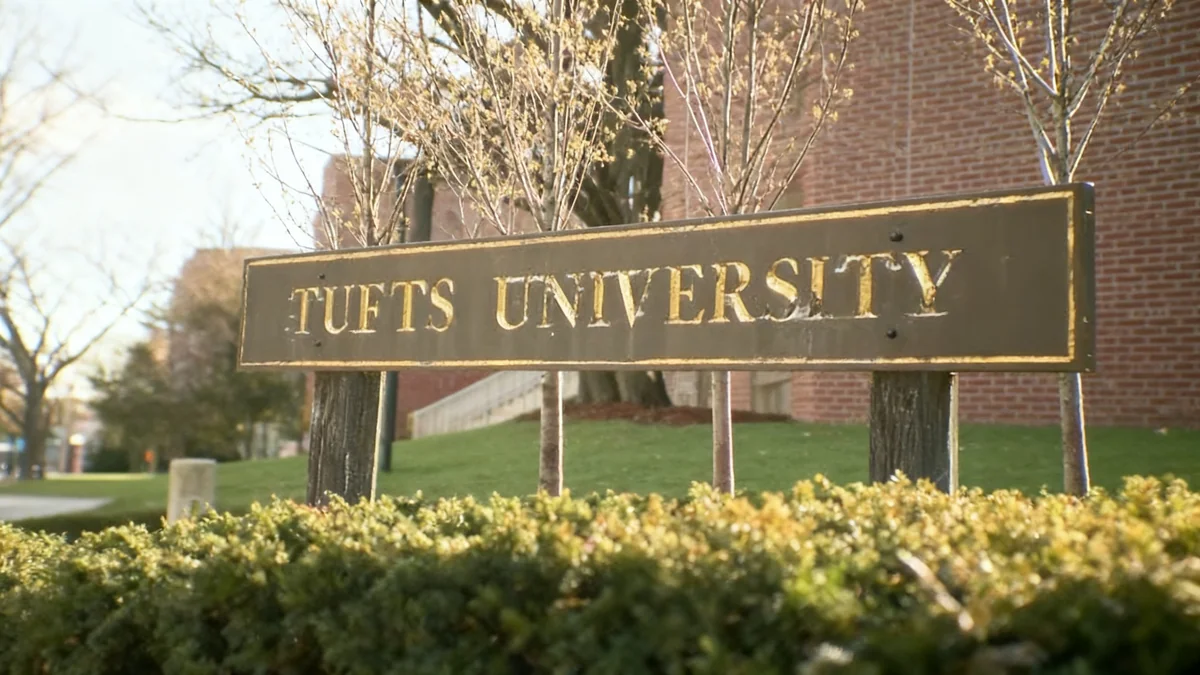The University of Pennsylvania is resisting a federal demand to provide the names and personal information of Jewish students and employees. The request is part of an investigation into antisemitism on campus by the Equal Employment Opportunity Commission (EEOC), an action initiated by the Trump administration.
In response, the university has garnered widespread support from faculty, students, and national organizations who argue the demand violates privacy and evokes dangerous historical precedents.
Key Takeaways
- The University of Pennsylvania is refusing to comply with an EEOC subpoena for the personal information of its Jewish community members.
- The request is part of a broader federal investigation into alleged antisemitism at the university that began in late 2023.
- Penn officials state they have cooperated by providing nearly 900 pages of documents but will not release names without consent, citing privacy concerns.
- Faculty, Jewish campus groups, and national organizations have publicly supported the university's decision, highlighting the historical dangers of governments compiling lists of Jewish people.
Federal Investigation Demands Personal Data
The conflict began when the Equal Employment Opportunity Commission issued a subpoena to the university in July. The federal agency, investigating claims of a hostile work environment for Jewish employees since November 2022, requested a significant amount of information.
Among the demands were the full names, position titles, and contact information for employees who had filed complaints of antisemitism. The subpoena also sought lists of members of Jewish clubs and organizations on campus, as well as a list of employees in the Jewish Studies Department.
The EEOC recently filed a petition in a Pennsylvania court to compel the university to comply, stating that Penn has refused to cooperate fully with the subpoena. The agency claims the university’s representation of receiving only three antisemitism complaints from 20,000 employees is inaccurate.
Penn's Stand on Privacy and Safety
University officials have firmly pushed back against the EEOC's characterization of their response. A spokesperson for Penn confirmed that the university has cooperated extensively with the investigation but drew a clear line at releasing personally identifiable information without consent.
Penn's Official Position
According to a university spokesperson, Penn has provided over 100 documents, totaling nearly 900 pages, to the EEOC. However, the administration maintains that violating the privacy and trust of its Jewish community is "antithetical to ensuring Penn’s Jewish community feels protected and safe." The university has objected only to providing personal information without consent, especially when employees have explicitly opposed it.
The administration's stance is that protecting its community members from potential harm and privacy violations is paramount. They argue that they have responded in good faith to all other aspects of the subpoena, turning over substantial documentation about complaints while keeping the identities of individuals confidential unless permission was granted.
Widespread Support for University's Refusal
The university's decision has been met with a groundswell of support from various groups both on and off campus. Faculty members quickly organized a petition asking the broader Penn community to “stand with Penn in its brave and necessary stance,” which has already gathered hundreds of signatures.
Campus Jewish organizations, including Penn Hillel and MEOR Penn, released a joint statement. While supporting efforts to combat antisemitism, they voiced serious concerns about the government's methods.
"Across history, the compelled cataloguing of Jews has been a source of profound danger, and collection of Jews’ private information carries echoes of the very patterns that made Jewish communities vulnerable for centuries," the groups wrote.
This sentiment was echoed by the University of Pennsylvania’s chapter of the American Association of University Professors (AAUP). The chapter stated that providing the requested information would not help fight antisemitism and could, in fact, "gravely endanger and violate the privacy of the very people the EEOC purports to protect."
A United Front
Support for Penn has extended beyond the campus. A joint statement from the Anti-Defamation League Philadelphia, the American Jewish Committee of Philadelphia and Southern New Jersey, and the Jewish Federation of Greater Philadelphia also advocated for keeping the names confidential. This coalition of influential Jewish organizations reinforces the community's concern over the federal request.
A Pattern of Federal Probes
This investigation at Penn is not an isolated event. The Trump administration has launched similar probes into other major university systems, including the University of California and California State University systems.
In those cases, some institutions, such as the University of California, Berkeley, and California State University Los Angeles, did release some employee names and contact details to federal officials. This action prompted significant backlash from faculty members and even led to a lawsuit from the California State University faculty union.
The American Council on Education (ACE) has also condemned the administration's tactics. ACE President Ted Mitchell described the EEOC's effort as an "abuse of power that singles out Jewish employees."
"No matter the EEOC’s intentions, it evokes painful historical memories of other times when governments have compiled names of Jewish community members and doing so again would establish an outrageous and dangerous precedent," Mitchell stated.
As the legal process moves forward, the University of Pennsylvania maintains its position, balancing its obligation to a federal investigation against what it sees as a fundamental duty to protect the privacy and safety of its students and staff.





